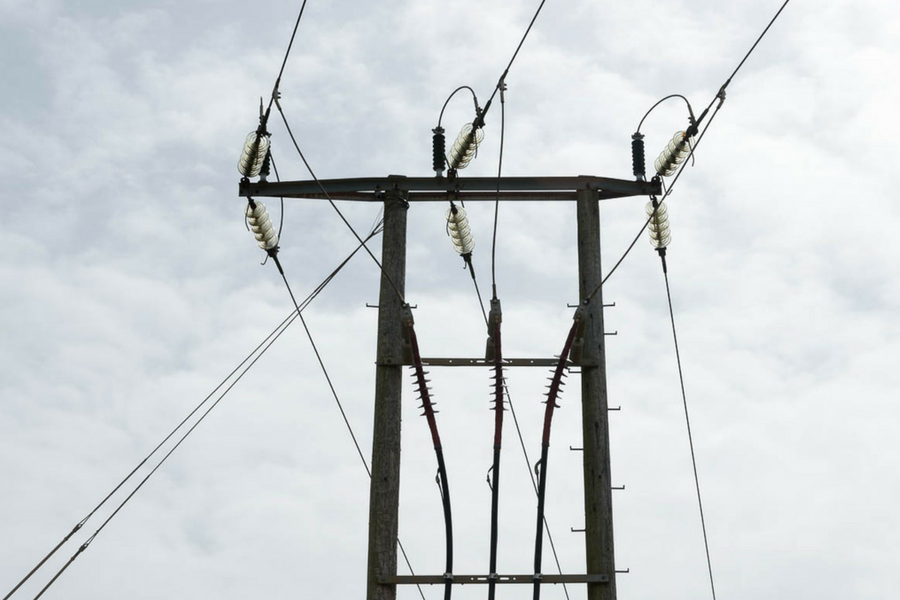Get in or miss out, warns Roadnight Taylor
Press release issued on 7 June 2018.
This post was updated: 14 September 2022
Landowners who are considering generating or storing energy should act fast before grid capacity runs out.
According to independent power consultant Roadnight Taylor, the electrical grid is heavily constrained with some areas having only pockets of capacity remaining. “This means that, even where a site has good planning and access attributes, it may not be able to get a grid connection, stopping the whole project in its tracks,” explains chief executive Hugh Taylor.
In some areas new connections are embargoed, while others have emerged from restrictions following changes to the grid. But as capacity is allocated on a first-come, first-served basis, it’s hard to tell which area may come under pressure next.
For example, South Wales currently has an embargo on new, large-scale gas-fired generation and battery storage projects until 2026. “These dispatchable energy schemes (which can be switched on and off at any time) are saturating National Grid’s network between South Wales and England at times of peak electrical demand,” says Mr Taylor. “This means the embargo is unlikely to be alleviated unless there is a reconfiguration of the grid and active management of the network.”
However, this does not signify the end for those wanting to embark on an energy project in South Wales. Non-dispatchable technologies, like wind and solar, aren’t causing the same challenges in the region. And smaller dispatchable energy projects may also be successful.
“The South West of England suffered a similar embargo due to the amount of wind and solar previously developed there,” he explains. “This issue has now been alleviated and there are large-scale opportunities in some areas of Devon, Cornwall and Somerset.”
Mr Taylor suggests seeking independent expert advice to establish whether a project is likely to succeed. “Available capacity can fluctuate locally as projects which have secured capacity fall by the wayside, or as the local network is reinforced. We had one client in Devon who was told by another firm that there was not enough capacity in the grid for their solar power plans. But when we investigated this in depth, we found there was in fact sufficient capacity for a large solar farm and we are securing this for our client.”
Roadnight Taylor is offering a Stop-GoTM study, where landowners can ascertain whether a site has genuine potential. It can then submit grid applications for viable battery storage, gas genset or solar sites on a no-win, no-fee basis.
“However, as grid capacity is allocated on a first-come-first-served basis, you must act quickly to get the capacity you want,” said Mr Taylor.
 Contact us
Contact us
To find out if you might have an opportunity for a viable grid connection with our
Stop/Go TM study, call us now on 01993 830571 or send us a message via our contact form.


 Contact us
Contact us


